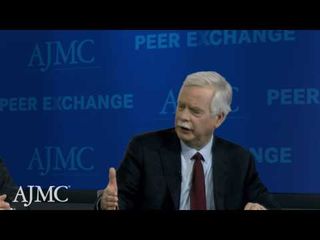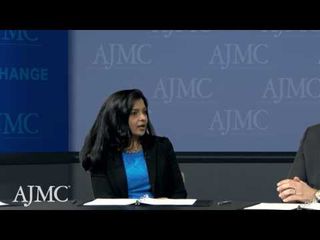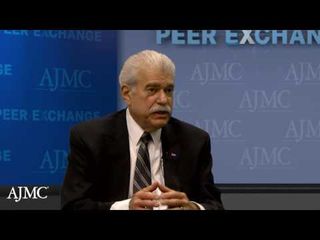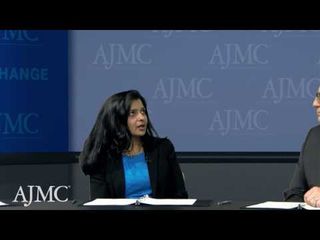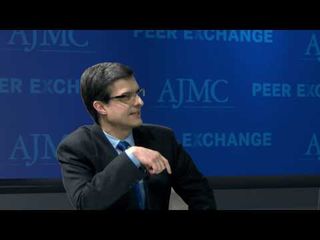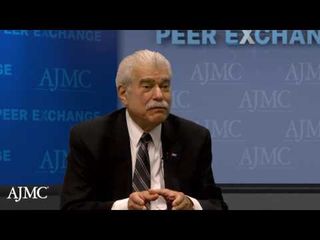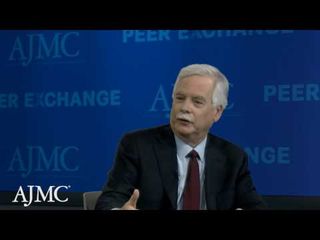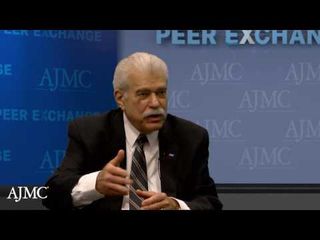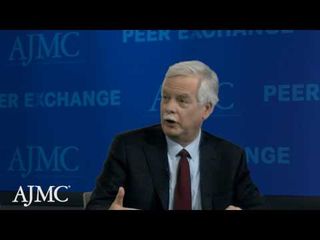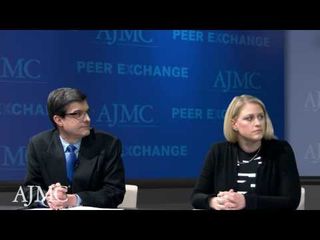
Health Care Delivery
Latest News
Latest Videos

More News

Debt limit deal will not effect Medicaid; a national safety board may make health care safer; experimental hemophilia therapy reduces bleeding.
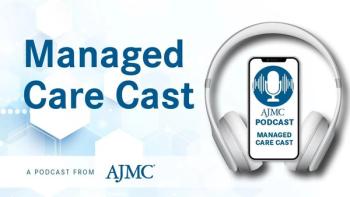
On this episode of Managed Care Cast, we speak with the lead researcher from a study published in the May 2023 issue of The American Journal of Managed Care® about the impact of low-income subsidies on the uptake and equitable use of expensive orally administered antimyeloma therapy.

In a case report, dupilumab and prednisone were among the treatments for atopic dermatitis (AD) used to relieve a patient of her delayed generalized hypersensitivity reaction to the mRNA COVID-19 vaccine.

AHIP president and CEO Matthew Eyles will step down later this year; the House Energy and Commerce Committee moved a series of health care measures concerning pharmacy benefit managers (PBMs); US debt default could stop FDA drug and device reviews, said FDA chief.

Blue Cross Blue Shield in Massachusetts sets agreement with Tufts Medicine using equity benchmarks; drug prices covered by Medicaid to undergo yearly audit; South Carolina abortion ban headed to governor as Planned Parenthood announces national staff cutbacks to shift resources to the states.

Patients who have pulmonary arterial hypertension (PAH) often do not feel better after treatment, even if they meet clinical endpoints for improvement.

The effect of education on survival outcomes was evaluated both overall and as it related to cardiovascular disease (CVD).
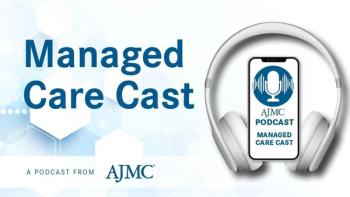
On this episode of Managed Care Cast, we feature several leaders in diversity, equity, and inclusion advancing health equity in their respective organization’s policy and practice initiatives.

The World Health Organization (WHO) prepares for the next pandemic; new restrictions on reproductive health services in the South; Thermo Fisher Scientific receives FDA approval for a first-of-its-kind preeclampsia test.
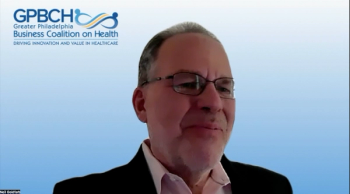
Neil Goldfarb, president and chief executive officer of the Greater Philadelphia Business Coalition on Health (GPBCH), gives a preview of what attendees can expect at the 2023 GPBCH Annual Conference.

A recent study suggests that monitoring anxiety and distress levels during watch-and-wait disease management time frames may improve the patient experience.
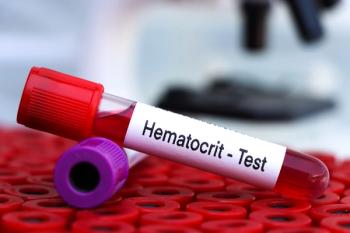
Data suggest a substantial reliance on established therapies for polycythemia vera, despite access to all available treatment options.

The Biden administration said it will expand health care access, including mental health care, to students; depression reaches an all-time high in the United States; the FDA’s independent vaccine advisers are meeting to discuss the safety and effectiveness of a respiratory syncytial virus (RSV) vaccine.

Pulmonary arterial hypertension (PAH) is the only major diagnostic indication for transplantation that is not a parenchymal pulmonary process.

Strict inclusion and exclusion criteria in clinical trials means findings on health-related quality of life (HRQOL) may not be generalizable to the real-world setting.

Little is known about opioid prescribing patterns in patients with chronic overlapping pain conditions. This study suggests target populations for interventions to manage chronic pain.

Even after adjusting for other risk factors, patients with COPD were more likely to be readmitted to the hospital with heart failure following an acute myocardial infarction, or heart attack.

The study, using an adaption of the World Health Organization framework for adherence, characterized strategies built into the design, conduct, and reporting of melanoma trials, offering insights into potential improvements for skin self-examination in research.

WHO urges caution regarding artificial intelligence (AI) bias; South Carolina ban would restrict abortion at 6 weeks; appeals court pauses ruling barring free preventative health services.
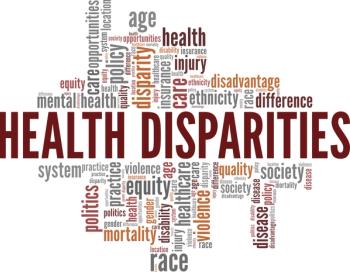
Health systems participating in the drug discount program did not have fewer disparities than hospitals not participating.

New study findings show this risk was higher among children born prematurely or whose mother was classified as having low socioeconomic status.

Individuals living with heart failure in the United States are expected to top 8 million by 2030 vs the close to 6 million living with the disease between 2015 and 2018.

Despite similar health care utilization, White patients were much more likely to receive and fill prescriptions for medications to treat opioid use disorder (OUD) compared with Black or Hispanic patients in the months following a high-risk OUD event such as an overdose, a new study has found.

Panelists from Optum Life Sciences, OptumRx, and Takeda discussed the importance of collaboration in creating successful value-based agreements (VBAs) at Asembia 2023.

Patients who have extrinsic (EAD) or intrinsic atopic dermatitis (IAD) serve to benefit equally from dupilumab, even when considering immunoglobulin E levels, which are elevated in EAD but remain normal in IAD.





